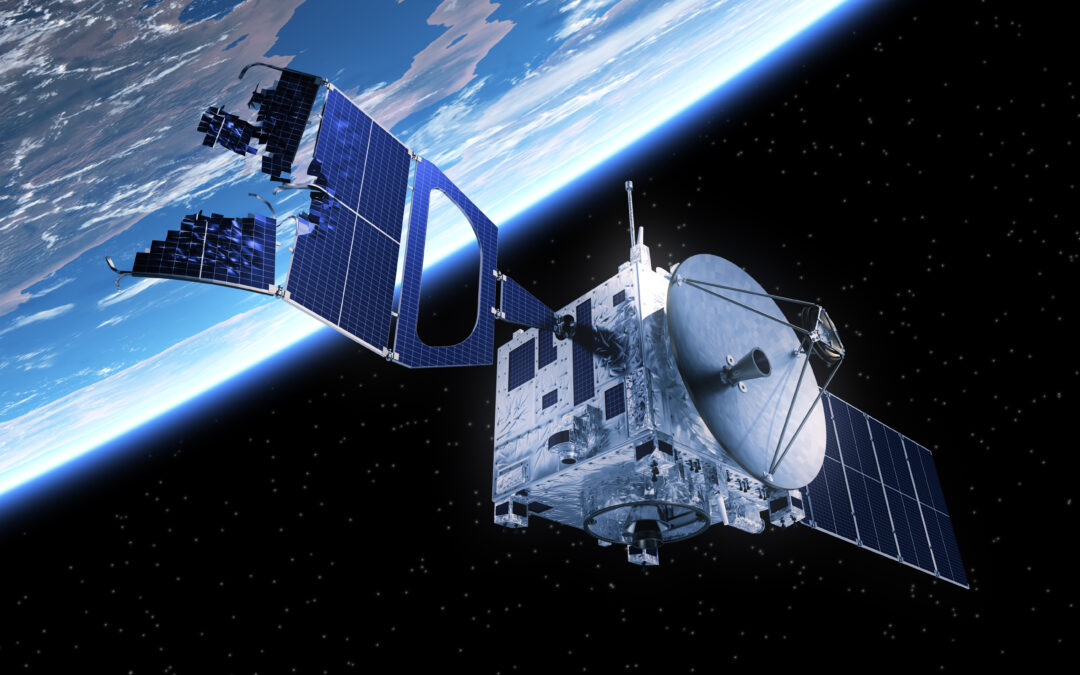Image: Shutterstock
What’s New: Not much other than The Telegraph, a popular media outlet, has taken notice.
Why It’s Important: See “popular media outlet” above.
What Else to Know:
- The columnist gets the theme right. Though, OneWeb could have provided some PNT, we are pretty sure it relies on GPS or Galileo for satellite ephemeris. So… not an alternative, more like an additive that would help in some situations.
- We like one of the closing lines of the opinion piece:
With GPS, we find we’ve built technological castles on sand, and vast markets on the castles – and only through sheer luck have they not collapsed.

What would happen if we lost control of time? This isn’t a trick question or a metaphysical joke. The modern world today relies on our ability to tame it: to tell the time very accurately in different places at once. But right now, it’s hanging by the most precarious thread.
That’s because so many of our critical systems get their time from satellite networks, of which GPS is the best known. Built by the US military to guide missiles very precisely, but opened up for civilian use two decades ago, this gives us location information powering the satnavs and maps in our cars and phones. But it also ensures many critical infrastructure systems can read the same clock.



Fragile GPS is a massive vulnerability for the West – and Putin knows it
Jamming of navigational systems is on the rise as Russia probes the spectrum